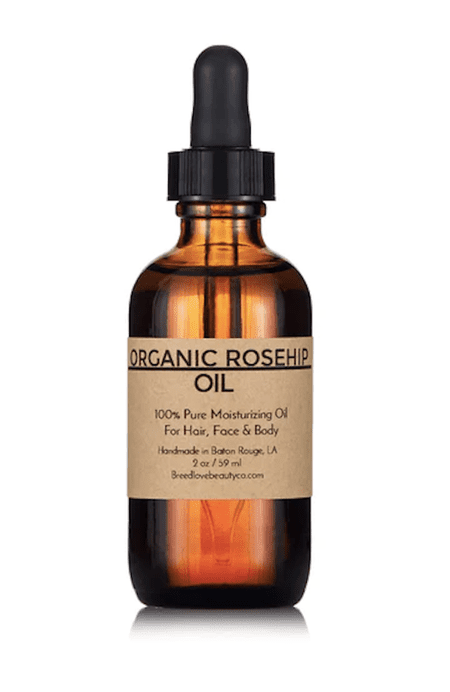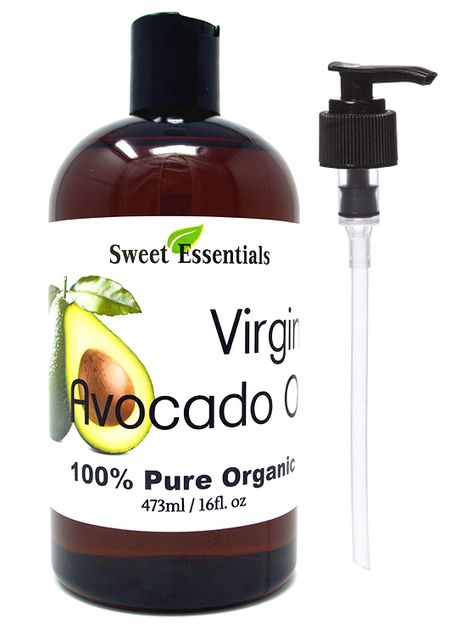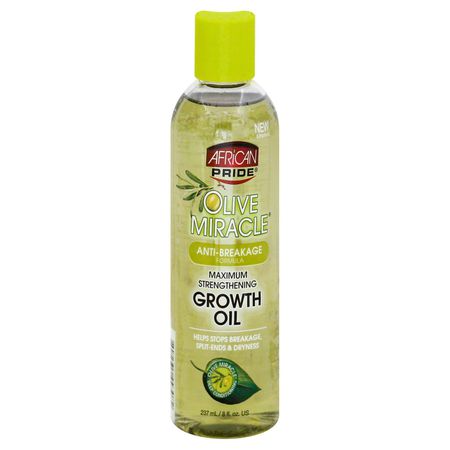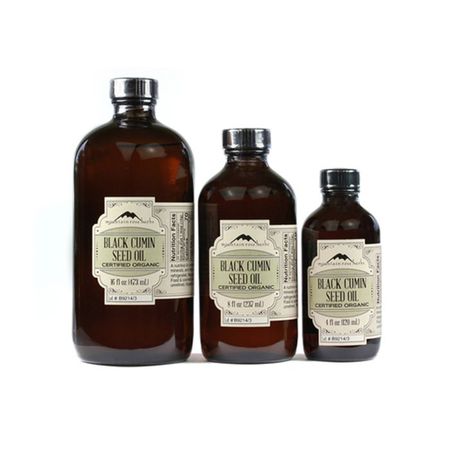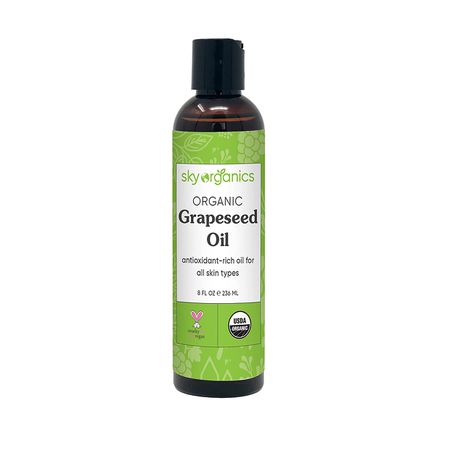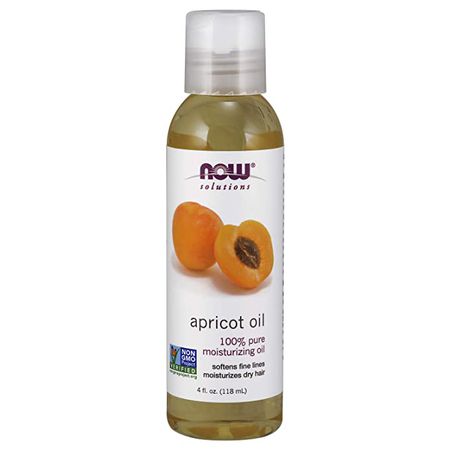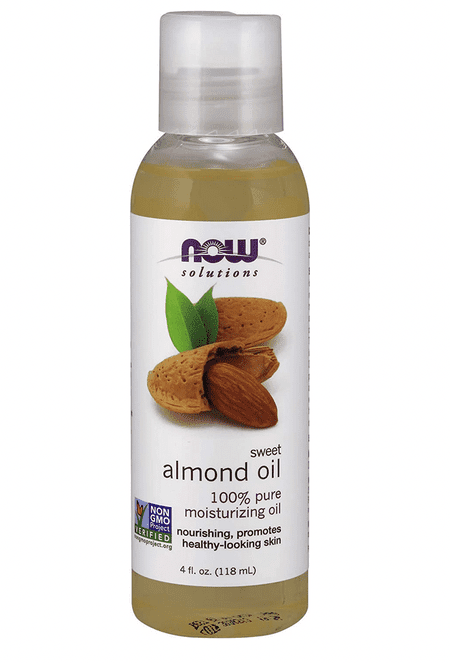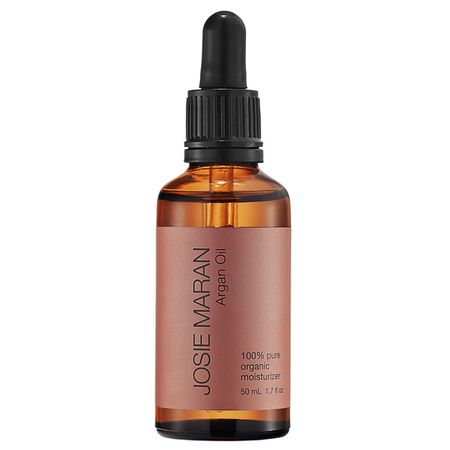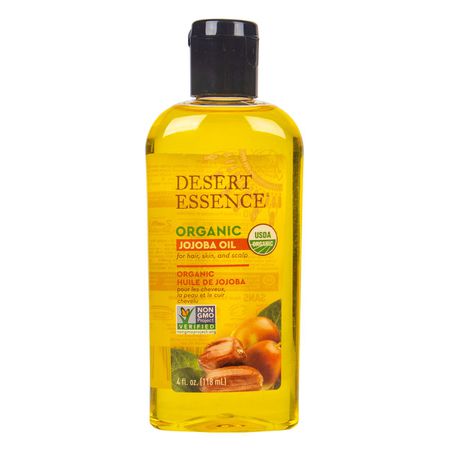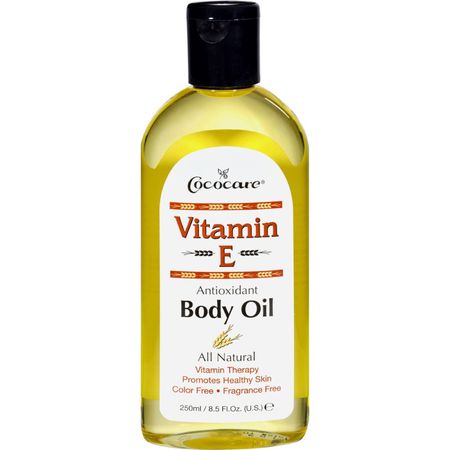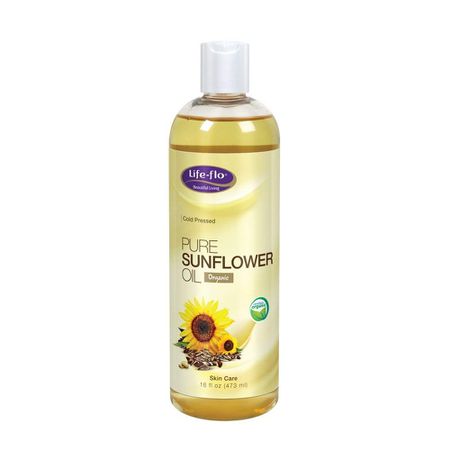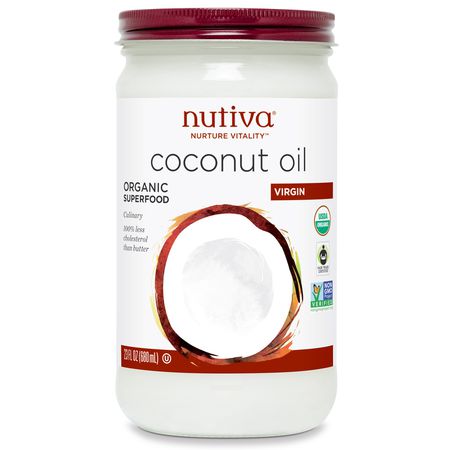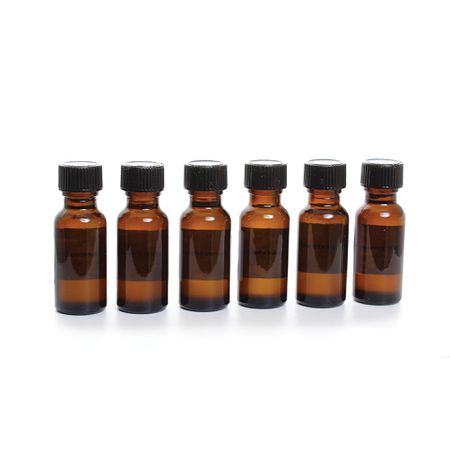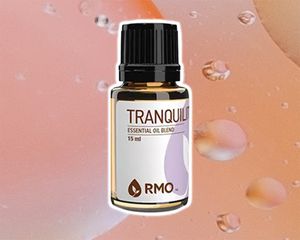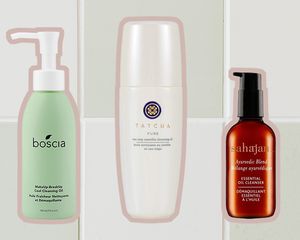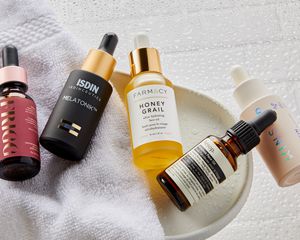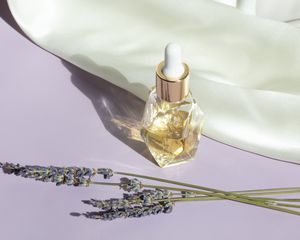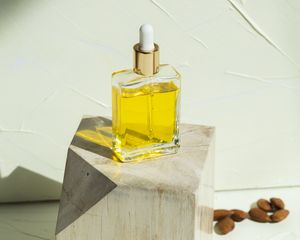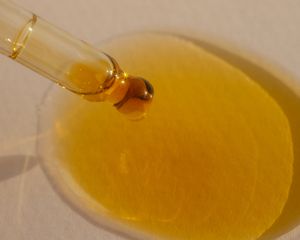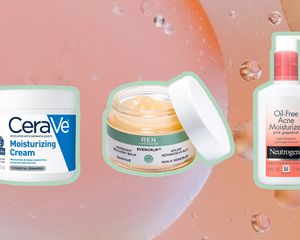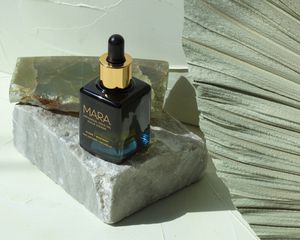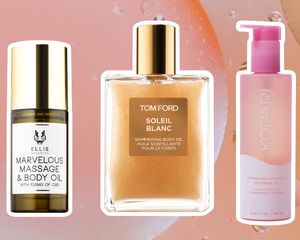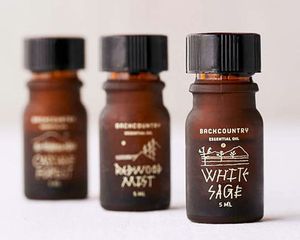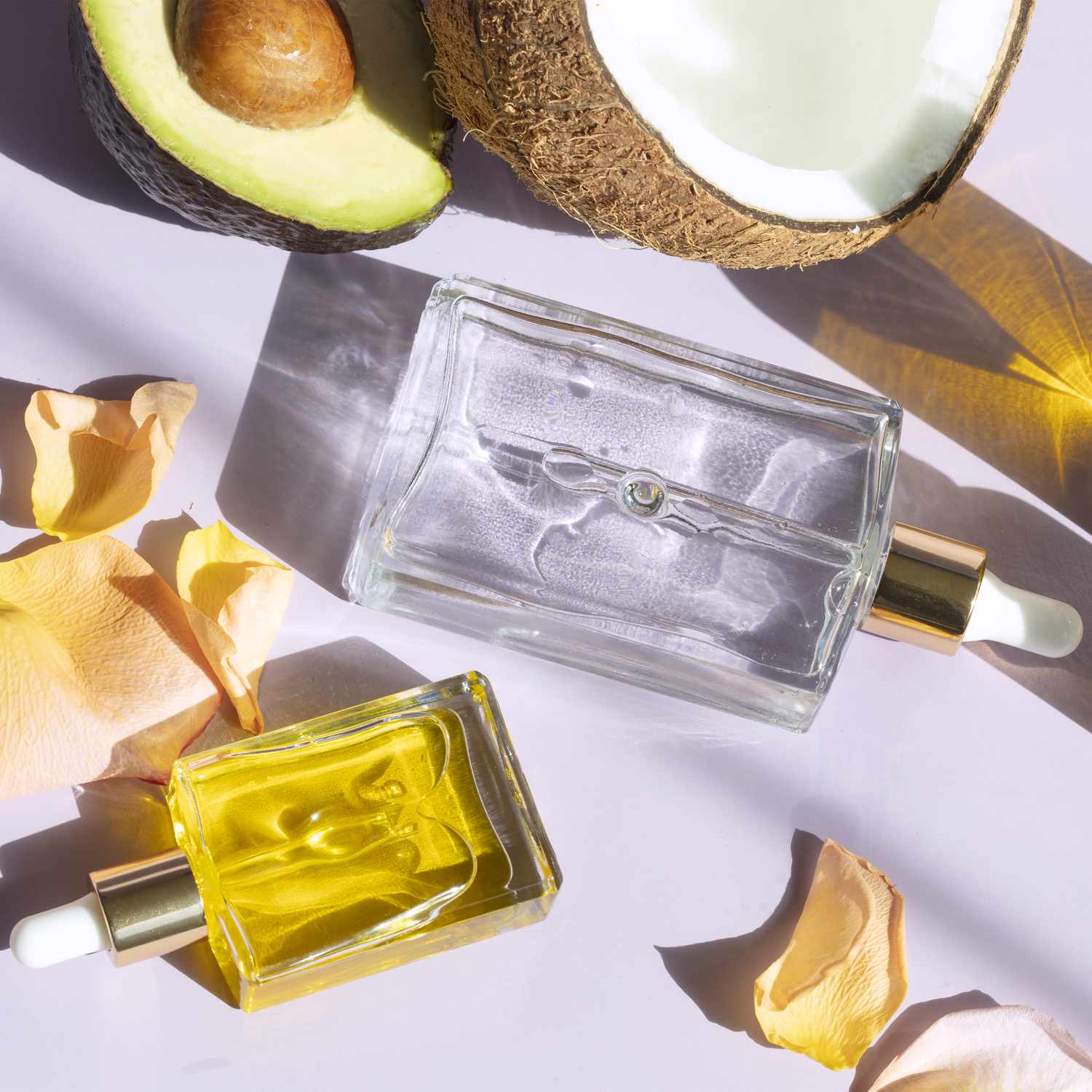
Liz deSousa for BYRDIE
Healthy oils are a panacea for skin concerns, and when used correctly, can deliver serious moisture that your skin craves. Carrier oils, or oils derived from a nut, seed, fruit, or plant, can be used alone or in conjunction with essential oils for specialized results, often healing skin in the process. With a basic knowledge of oils and skin type, you can become a skincare formulator, creating a bespoke regimen to naturally nourish your complexion.
Ahead, we tapped a dermatologist and essential oil expert for everything you need to know about using carrier oils for a silky, healthy glow.
Meet the Expert
- Hope Gillerman is a member of Byrdie's Beauty & Wellness Review Board, an aromatic healer, and an essential oil formulator. She is also the founder of H.Gillerman Organics, an award-winning, certified organic essential oil line, and has been working in the wellness space for over 40 years.
- Shereene Idriss, MD, is a board-certified dermatologist who specializes in facial aesthetics and rejuvenation.
What Is a Carrier Oil?
When formulating skincare products with essential oils, aromatherapists use a carrier oil as essential oils are too concentrated and can cause skin irritations if used on the skin directly. Carrier oils are plant oils—such as avocado or coconut—used as a vehicle to deliver essential oils. They help to dilute the highly concentrated nature of essential oils to cut down on skin irritation and act as a vehicle of suspension, if you will, delivering a host of powerful and nourishing effects in the process. Essential oil formulator and aromatherapist, Hope Gillerman explains. "The most versatile suspension of essential oils is in a botanical oil, or what aromatherapists call a 'carrier oil,'" she says. "Essential oil blends diluted in carrier oils are ideal for massage and hydrotherapy (baths) as well as for skincare on the face, body, hair, feet, and nail bed."
Used on their own or as a base in many common skincare products, carrier oils are a go-to ingredient because of their natural composition. "Carrier oils are a fully active ingredient for inclusion in serums, face oils, nurturing masks, cleansers, scrubs, creams, lotions, and balms," says Gillerman. "Unrefined, unbleached, unfiltered oils expressed with minimal heat retain more of the nutrients of oil found in the nut, seed, or fruit." Common carrier oils include rosehip, jojoba, vitamin E, sunflower, and coconut. "They are loaded with essential fatty acids and vitamins that help nurture skin health and promote healing," explains Gillerman.
How to Choose a Carrier Oil for Your Skin Type
There are a few considerations when it comes to choosing a carrier oil to use either on its own or as a base for an essential oil blend: odor, absorption, shelf life, and skin type. "Not all oils are created equal," says Idriss. "Some are heavier in weight and tend to be occlusive whereas others are more lightweight and volatile. For instance, if you tend to produce more oils, I would opt for a lightweight carrier oil such as jojoba oil. If you are more on the dry side, then avocado oil tends to be loaded with fatty acids and is more occlusive in nature."
Gillerman recommends you look for a carrier oil that has a high oleic content, which means it "offers quick, deep absorption that won’t leave you feeling oily and penetrates the deeper layers of the skin." Additionally, look for carrier oils that contain high levels of nutrients including essential fatty acids like linoleic acid and punicic acid, and palmitoleic acid, as well as vitamins A, K, D, C, E, she explains. These types of acids are known to deliver skin radiance and a natural glow by helping skin lock in moisture.
You also want to look for carrier oils that contain phytosterols, which help the skin regulate transepidermal water loss (TEWL), or when water passes out of the outer layer of the skin. This is a natural process that occurs due to low humidity and other drying factors. Certain carrier oils can help keep TEWL in check, which means your skin will maintain the plumpness associated with a moisturized complexion. In other words, carrier oils can slow the signs of aging and general skin degradation.
Use carrier oils on damp skin for easy absorption.
Some added benefits of carrier oils include regeneration, according to Gillerman, which means they are fantastic at healing wounds and preventing scarring. "Many botanical oils are multi-functional and can work for more than one skin type. They can also benefit dry or mature skin, sun damage and dark spots, oily and combination, sensitive, irritated, or broken skin."
Idriss adds that certain carrier oils "are thought to be helpful with various types of skin conditions because of unique attributes." Below, find some top common carrier oils for skincare known to help heal various concerns.
Rosehip
Gillerman says it's a “non-greasy oil loaded with antioxidants, vitamin A/retinoic acid and all three essential fatty acids (Omega-3, -6, and -9)." She notes it's associated with "regeneration of mature skin, scarring, burns, reducing redness and dark spots, and evening skin tone. Use after surgery."
Avocado and Olive
Both have a strong aroma and dark green color "filled with chlorophyll, a known antibacterial," says Gillerman. "Each contains very high levels of oleic acid (omega 9) and absorbs deeply into the layers of the skin. They can be soothing and super hydrating for eczema and all skin types, especially aging and irritated skin. Olive oil is an anti-inflammatory and sometimes infused with calendula for rashes and to increase the cooling, soothing properties."
Black Cumin Seed Oil
Black cumin seed oil helps to reduce hyperpigmentation (so it's a great choice for those with dark spots or lingering pimples). It also helps to unclog pores and fight inflammation, so acne- and eczema-prone skin really reaps the benefits.
Grapeseed
Grapeseed oil makes for a fantastic carrier oil as it's mild but moisturizing, helping to fade scars, tighten skin and prevent sun damage. It's also lightweight and penetrates the skin quickly, so it can help further the absorption quality of other oils.
Apricot Kernel
Apricot kernel oil is hugely popular in the skincare world due to its ability to keep the skin supple and work on a range of skin types. It contains tocopherols and phytosterols—antioxidant-rich emollients that hydrate and protect from free radicals. It can, however, be can be mildly comedogenic, so take note if you are acne-prone.
Almond
Almond oil works on both skin and hair, helping to calm and moisturize over time and with continued use. It does come from a nut so those with allergies should stay away. Mixing a bit of oil into your daily routine (along with sunscreen, of course) can also help increase your sun protection benefits—and give you a glow.
Argan
Argan oil is rich in antioxidants and works on a wealth of skin types (even acne-prone). That's because it's moisturizing but also non-comedogenic, so it won’t leave the skin feeling greasy. The polyphenols and vitamin E within the oil help protect the skin against the elements and environmental damage, while fatty acids offer nourishment.
Jojoba
Gillerman notes jojoba is known for its extremely long shelf life and close resemblance to our skin’s sebum. She says it's not technically an oil, but rather is a liquid wax ester. "Soothing, penetrating, and moisturizing for all skin types, it offers high levels of antioxidants, essential fatty acids, and vitamin E." It can also be used to balance oily skin and heal breakouts: "Due to its anti-inflammatory properties, [jojoba oil] can help with mild acne," says Idriss.
Vitamin E
Recommended for burns, post-surgery incisions, scarring, and wounds, Gillerman recommends vitamin E for healing. She also encourages people to add it to all oil blends to help extend the shelf life of your formula, as vitamin E is a natural preservative.
Sunflower
One of the cheapest and most accessible carrier oils on the market, sunflower oil is high in linoleic acid, A, D, E, and minerals, according to Gillerman, and is great at penetrating skin.
Coconut
Another low-cost carrier oil, Gillerman like coconut oil for its ease of use. (Note that coconut oil remains solid up to 75 degrees). However, be aware that it's quite comedogenic and could cause breakouts in those with acne-prone skin.
Problem-Solving Carrier Oils
To address specific skin needs, certain problem-solving carrier oils might be of interest. Please note that if you have medical concerns or are pregnant or nursing, it's best to consult with a doctor before using any problem-solving carrier oils.
According to Gillerman, evening primrose oil can help address hormone imbalances. Tamanu "offers some protection during sun exposure," says Gillerman, noting botanicals alone do not block out rays. She likes pomegranate oil for eczema, psoriasis, and wrinkled skin due to "extremely high level of antioxidants and punicic acid. It boosts collagen production and elasticity," she says. Gillerman also favors prickly pear oil which she says works wonders on dark circles and broken capillaries.
Key Ingredients
Evening primrose oil, or EPO, is an oil derived from the seeds of the evening primrose plant, oenothera biennis, that moisturizes and softens the skin and has anti-inflammatory properties.
Precautions
When using carrier oils, it's important to remember that natural does not necessarily mean safe for all skin types. "Less is more," says Idriss, adding it's always prudent to "test a small patch first to see how your skin responds and adapts."
People with nut allergies and sensitivities need to avoid any carrier oil products containing nuts and nut derivatives. Additionally, always read labels to avoid oils that are packaged in plants that process oils containing nuts. Gillerman notes that when using carrier oils, it's best to avoid use in the eye area and to never use canola oil, as it's not recommended for skin care.
How to Store
"For most oils, the shelf life is two years," explains Gillerman. "To avoid oxidation and potential irritation, choose oils with a long shelf life, like jojoba." Always check the use-by date when purchasing (online sellers will provide this information).
Store all carrier oils in a cool, dark place, or refrigerate. Note that if you refrigerate your oil, you will have to return your oil to a liquid state before use. Never heat oil directly as that might compromise its integrity. Instead, leave at room temperature before use.
How to Mix Carrier Oils with Essential Oils
Feel free to combine a variety of carrier oils to create a base suited to your needs and desires. When blending an essential oil or essential oil blend into your carrier oil base, Gillerman recommends you dilute the essential oil at 1 percent in the carrier oil or carrier oil blend for the face. You can go up to 5 percent essential oil dilution for body use.
Research essential oils to tailor a skincare formulation to your targeted needs, and remember that essential oils are incredibly potent.



